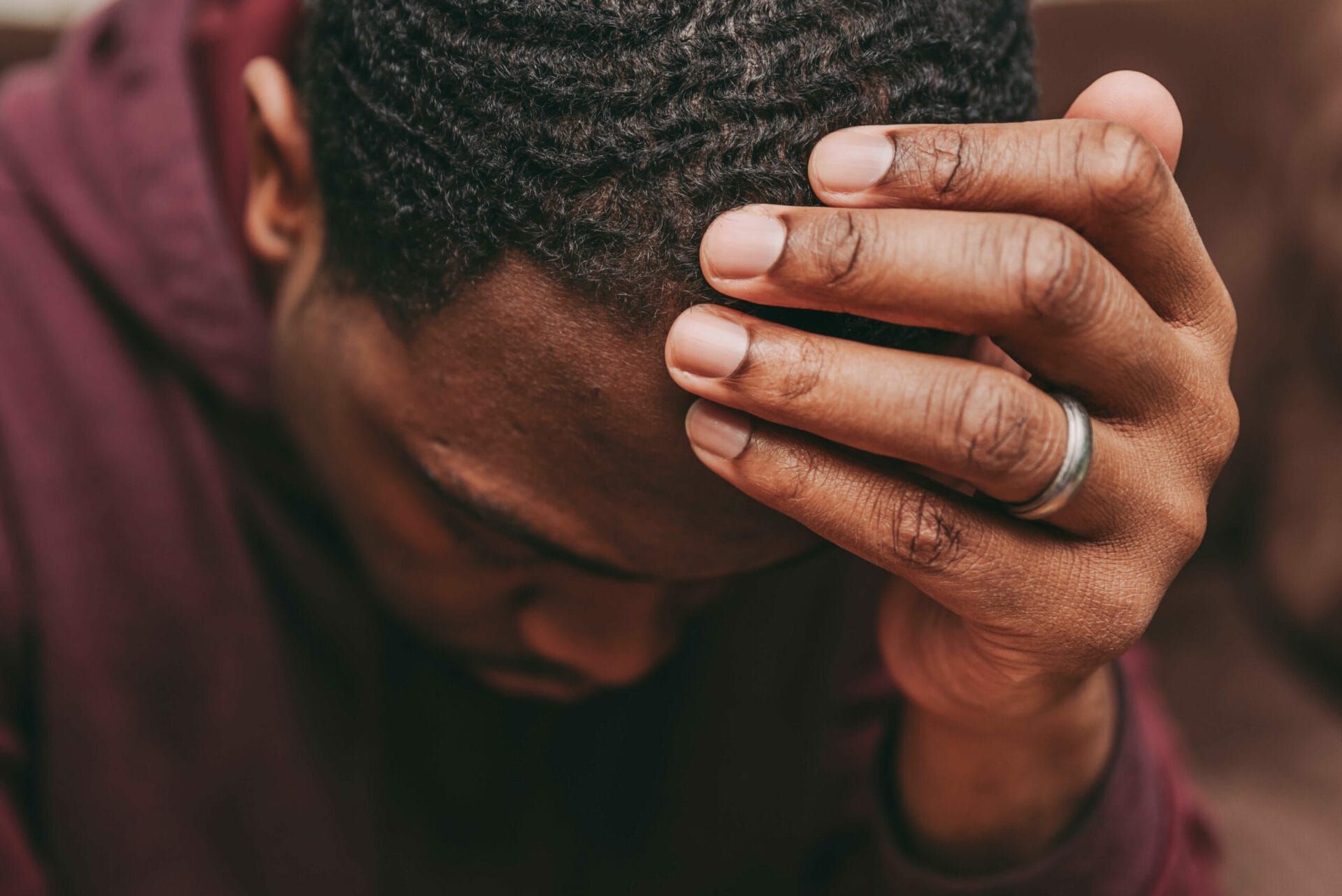Feeling constantly exhausted, anxious, and unable to shake a persistent low mood? You’re not alone. Depression is a common mental health condition that affects millions of people, and in recent years, its prevalence has increased significantly.
The Hidden Epidemic: Depression in the 21st Century
The pressures of modern life, including economic instability, social media comparisons, and the constant demands of a fast-paced world, can contribute to a rise in depression. It’s essential to recognize the symptoms of depression and seek help when needed.
Beyond Just Feeling “Down”: The Signs of Depression
Depression is more than just feeling sad or having a bad day. It’s a complex illness that can impact your thoughts, feelings, behaviors, and physical health. Here are some common signs of depression:
- Persistent Low Mood: Feeling sad, hopeless, or empty most of the time.
- Loss of Interest: Losing interest in activities that you once enjoyed.
- Changes in Sleep: Sleeping too much or too little.
- Changes in Appetite: Eating more or less than usual.
- Fatigue: Feeling tired and lacking energy, even after getting enough sleep.
- Anxiety and Restlessness: Feeling anxious, restless, or agitated.
- Difficulty Concentrating: Having trouble focusing or making decisions.
- Feelings of Worthlessness: Feeling worthless, guilty, or hopeless.
- Thoughts of Death or Suicide: Having thoughts about death or suicide.
Taking the First Step: The Importance of Self-Assessment
If you’re experiencing several of these symptoms, it’s important to take a depression test. There are numerous online resources and self-assessment tools available, such as depression.com and lexapro.com, which can help you determine if you may be experiencing depression.
Seeking Professional Help: The Path to Healing
If you suspect you may be depressed, it’s essential to seek help from a qualified mental health professional. A therapist can:
- Diagnose Depression: Conduct a thorough assessment to confirm a diagnosis of depression.
- Develop a Treatment Plan: Create a personalized plan that may include therapy, medication, or a combination of both.
- Provide Support and Guidance: Offer a safe and supportive space to explore your feelings and develop coping strategies.
Beyond Medication: The Importance of Lifestyle Changes
While medication can be helpful in managing depression symptoms, it’s important to remember that lifestyle changes play a significant role in overall well-being.
- Regular Exercise: Physical activity can help improve mood, reduce stress, and boost energy levels.
- Healthy Diet: Eating a balanced diet can improve energy levels and support overall mental health.
- Quality Sleep: Getting enough sleep is crucial for regulating mood and energy.
- Stress Management: Practice relaxation techniques like mindfulness, deep breathing, or yoga to manage stress.
Breaking the Silence: Seeking Help Is a Sign of Strength
Depression is treatable, and seeking help is a sign of strength, not weakness. Don’t let the stigma of mental illness keep you from getting the support you deserve.
Peace & Harmony LLC is here to support you on your journey to mental well-being. Our therapists specialize in treating depression and anxiety, offering compassionate and evidence-based care to help you heal and thrive. Contact us today to schedule a consultation.



